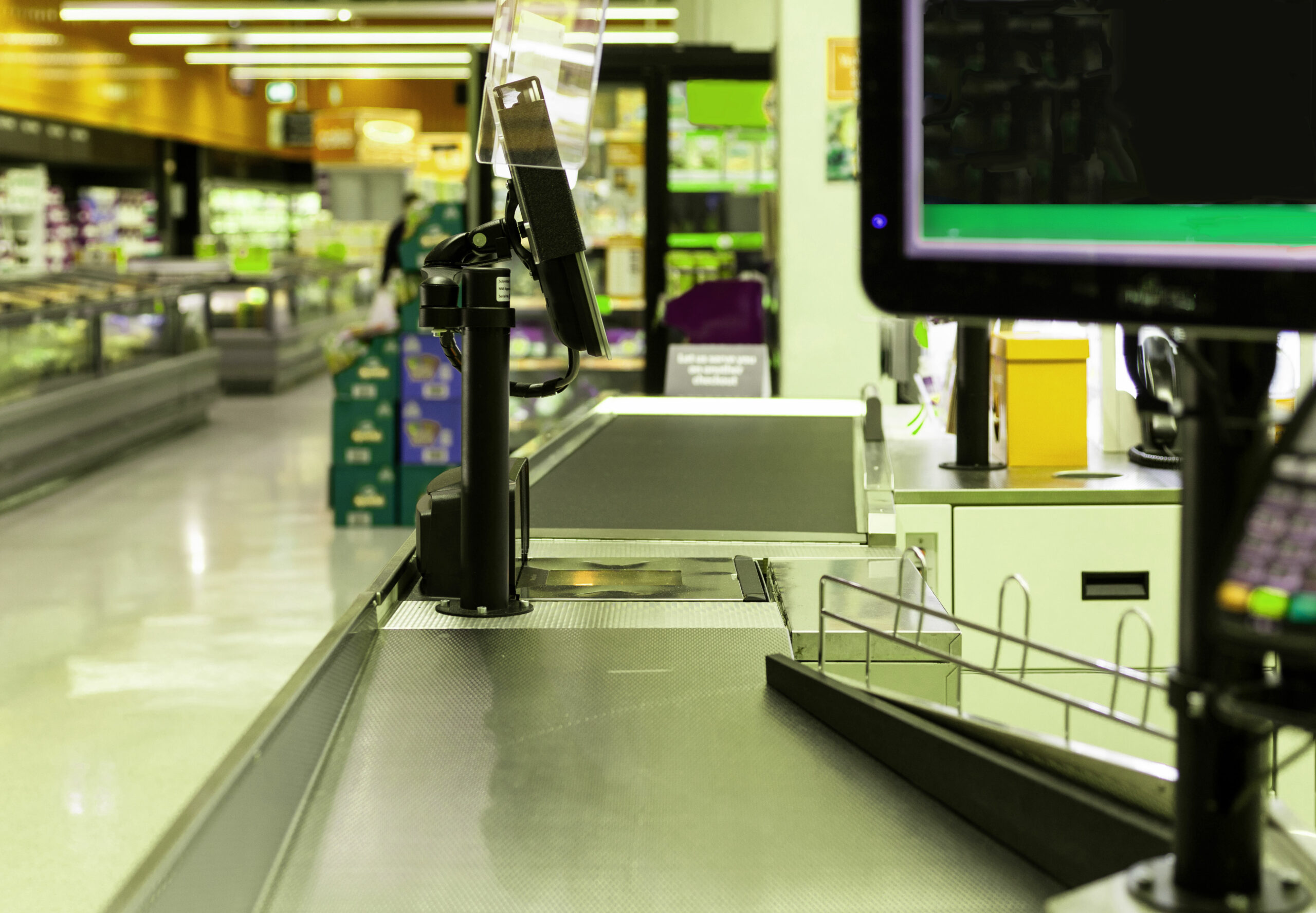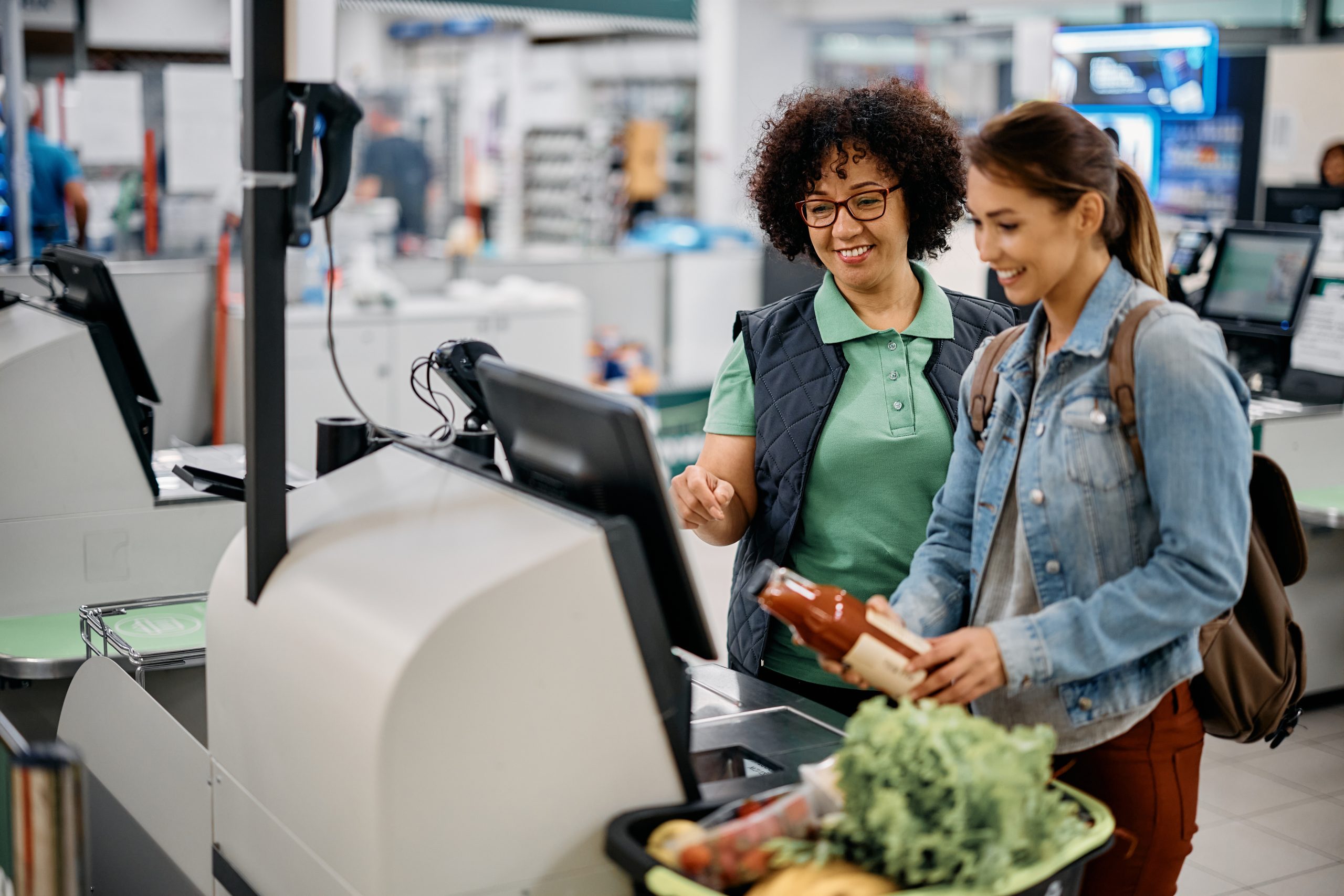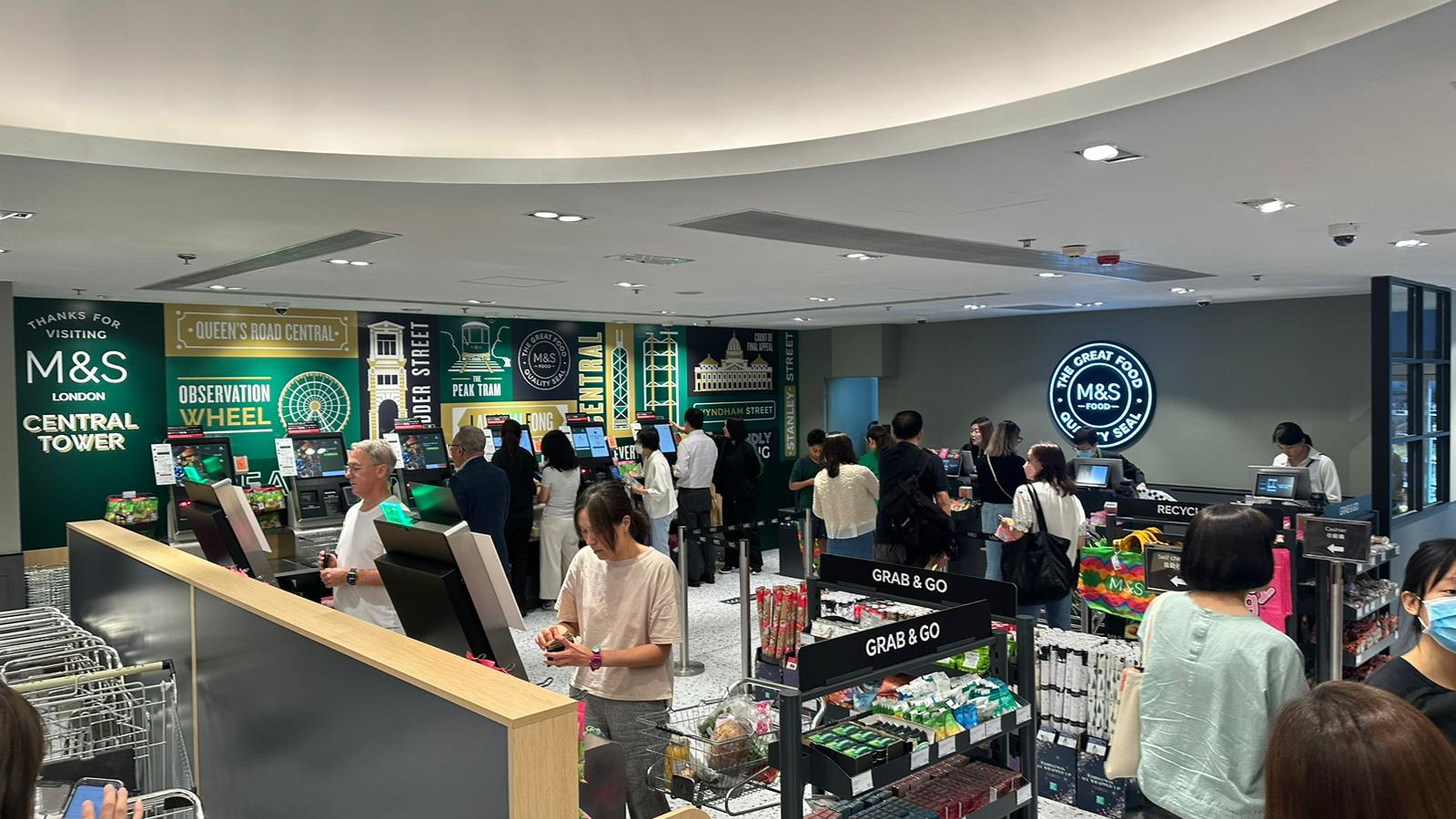Key points for POS system updates:
- Simplicity is essential, allowing team members to complement newer systems with great customer service and by building rapport
- Systems need to be accompanied by strong training and change management initiatives
- Hardware needs to be ergonomic and lend itself to speedier transactions
- Companies need software that can easily integrate new requirements into the future
The most effective and efficient POS systems in the world are built through a global network, using the latest technology and information available for continual improvement. Often retailers think that the best way to meet their specific business requirements is to build their own POS system inhouse, there is a lot of the evidence to support that this is the wrong approach.
POS refers to the ‘point of sale’ and are modernised till systems that manage business operations. These systems include areas such as data collection, accountancy, sales and inventory and can be broken down into two areas, software and hardware.
In general, companies update their POS systems every 15 years, meaning not many younger companies have experience in best practice. Often global retailer leaders opt for the biggest and most popular POS systems in the world. This is not only because they are guaranteed the best technology crafted through experience but because of the specific efficiencies provided through hardware and software.
At the core of efficiencies inherent to POS system updates is the simplicity it provides for team members. Companies need systems that team members can easily pick up and start using without unnecessarily time-consuming training.
Today in big supermarket every touch of a button by a team member costs roughly $2-3 million per annum. This is where we see simplicity as a key efficiency, driving down the amount of button presses and speeding up transaction times. It is only through simplifying systems for team members that are we then able to focus on the customer experience.
Essentially POS systems need to be intuitive so that more time can be spent engaging with customers and accommodating them. You might have the best system in the world but to be purposeful the team must enhance it through good customer service.
Therefore, companies must consider change management programs when updating or landing new POS systems. Ensuring a smooth transition in tandem with training works to further drive efficiency and guarantee that all stakeholders are considered and included from the ground up in the implementation process.
When it comes to developing the requirements of a POS system it’s also crucial that there is strong communication between the information technology unit and the broader business. Companies generally have components within their existing system that they want to keep so we must consider how we can improve functionality and update the existing system rather than change it entirely. For example, outside of a core product you might have additional requirements, like needing a system that accommodates a flexible workplace and those working from home.
In terms of hardware having modern technology that is tailored to store operations is vital. From scanners to displays and cash draws, these need to be designed with detail that ensures maximum ergonomic efficiency. Every second counts when it comes to the hardware and it is important that companies consider what they want to keep as well as the price and speed of each individual new piece.
Regarding software, companies see significant value added when this their systems are streamlined ensuring that accommodating new requirements is easy. For companies who have built their own systems and need to meet new and contemporary demands, one of the biggest issues is often integration.
While you might be able to create your own POS system for your company, how are you ensuring it can make integrations in the future? How are you ensuring best practice? And how are you tapping into global learnings that are of benefit to you?
Through team training, change management and further physical requirements in tandem with world-class POS systems we are creating tailored customer experiences for communities across the world. Further we are considering the future and how we can ensure businesses maximise their operational efficiencies while saving time and money.
At CLX we believe that POS systems should be left to the experts so that companies and retailers can focus on their core business and what they do best. Get in touch with us now and let us share our experience with you.






